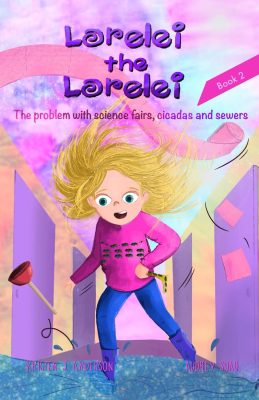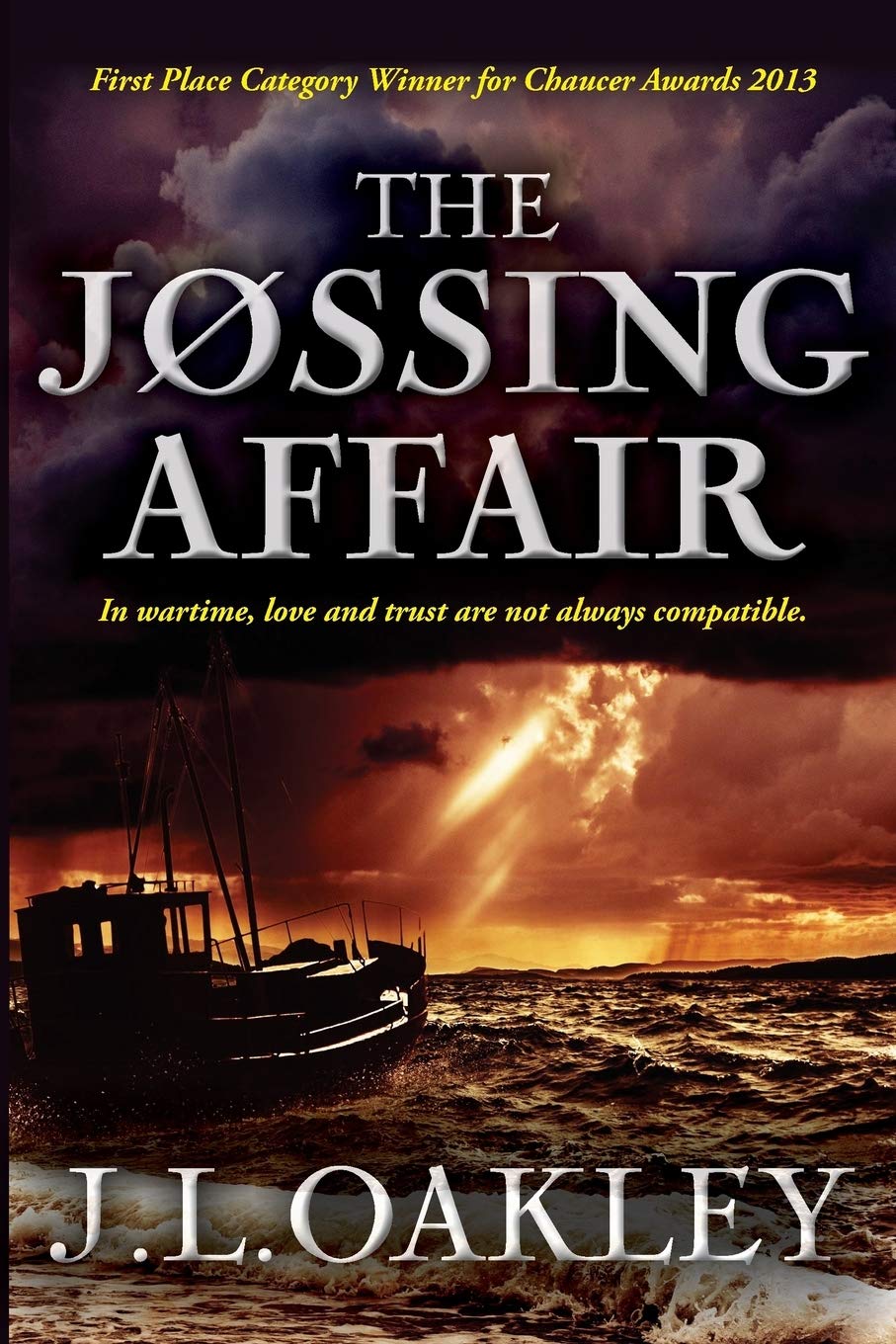Two decades ago, librarian Isabella Campbell made the wrenching decision as a young, unwed mother to put her newborn child up for adoption. Though Bella wanted to keep her daughter, her rigid and disapproving parents insisted that a child needed both a mother and a father, not a single, inexperienced, teenage mother. Bella reluctantly agreed, but only if she was allowed to receive regular updates from the adoptive parents. The parents complied for a short period of time, but then Bella heard nothing more from them.
Upon returning home from a business trip, Bella finds a letter from her daughter’s adoptive father, Nolan Harris, giving her permission to contact Destiny, who is now twenty-one. Bella is instantly thrown into emotional turmoil, thrilled yet very apprehensive. Would Destiny even want to meet or talk to her? Had her daughter’s adoptive mother, who had always disapproved of keeping Bella in their lives, continue to be a roadblock? And why had Nolan Harris chosen this moment in time to contact her after all these years?
With a deft hand, author Kate Vale weaves this stressful, yet welcome complication into the daily events of Bella’s busy life—the distressing illness of a close friend who runs a local bookstore, the difficult relationship with her mother, who has never let Bella forget about her “little mistake”, and, of course, the new romantic interest in Bella’s life, Gavin, the nephew of her elderly ill friend. The result is a compelling novel rich in detail, heart-warming in its delicate yet realistic portrayal of the impact of adoption on all the lives it touches.
Vale has a real talent for drawing characters one wants to get to know, and for understanding the emotional impact of the events that shape our lives. Destiny’s Second Chance draws the reader in from the very beginning, providing a thoughtful and satisfying story about people who feel like close friends.
Life is messy, and life-altering decisions are never just good or bad, but rather create a mixture of emotions that run the gamut from satisfaction that one perhaps made the right decision, to guilt or despair over the toll that decision has taken in the intervening years. Vale understands this, and has described these conflicting emotions beautifully.
This book will stay with readers long after they put it down. Highly recommended for those who enjoy women’s fiction and stories of family relationships.










Leave A Comment